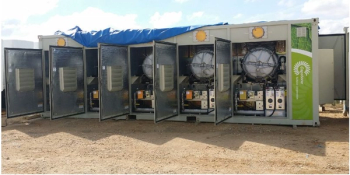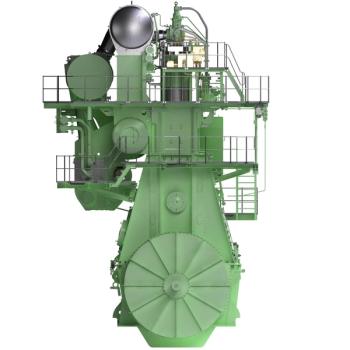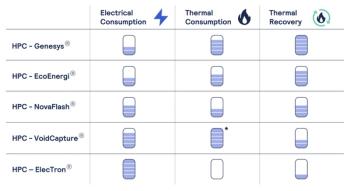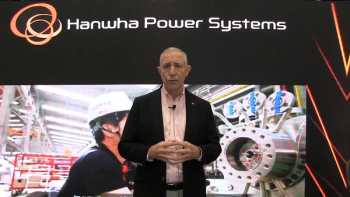
Celanese Starts Carbon-Capture, Utilization Project at Texas Facility
The carbon-capture and utilization project will be conducted at Celanese’s Clear Lake, TX facility, and it is expected to capture 180,000 metric tons of CO2 per year.
Celanese, as part of its joint venture with Mitsui & Co., has announced the beginning phase of a carbon capture and utilization (CCU) project at its Clear Lake, TX site. The CCU venture is expected to capture 180,000 metric tons of CO2 industrial emissions and produce 130,000 metric tons of low-carbon methanol per year.
The company is actively leveraging the CCU project to offer low-carbon options across its acetyl chain and engineered materials products, meeting customer demand for sustainable and circular solutions. The products will be launched under the ECO-CC brand and supported through mass balance tracking and life-cycle assessment processes.
“With this project, our Celanese value chain can convert CO2 waste into products for a wide array of end-markets, including consumer goods like adhesives, packaging, toys, paints, coatings, and more,” said Mark Murray, Senior Vice President, Acetyls at Celanese. “Our globally-integrated value chain positions us to provide a wide range of solutions with carbon capture content across both our integrated Acetyl Chain as well as other methanol derived products like acetal copolymers (POM).”
Celanese will take CO2 from industrial emitters and apply reduced-carbon intensity hydrogen to chemically convert the emissions into methanol used in downstream production. Low-carbon input is then utilized to reduce fossil fuel-based raw materials and is capable of producing a range of end products across major industries. Approximately 80% of the captured CO2 waste will be derived from third-party sources.
In comparison to carbon capture and sequestration (CCS) processes that typically involve the injection of CO2 emissions into underground storage pockets, the CCU project uses emissions to manufacture products that reduce the reliance on fossil fuels.
Newsletter
Power your knowledge with the latest in turbine technology, engineering advances, and energy solutions—subscribe to Turbomachinery International today.




